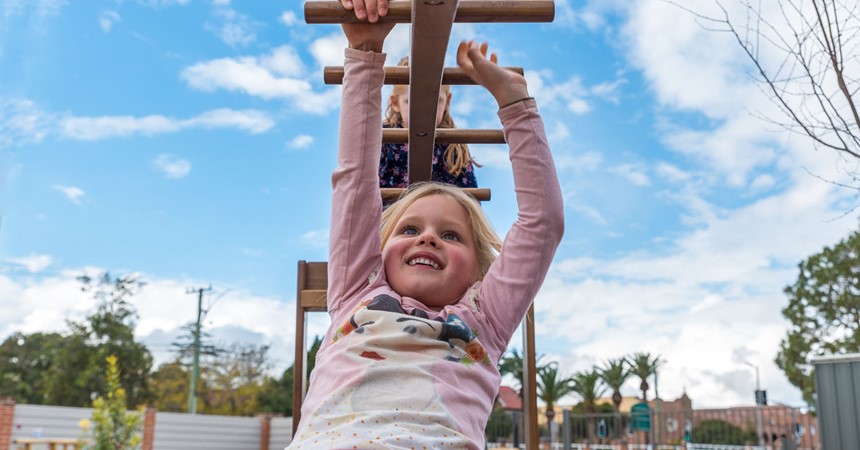Sean Scanlon is the Chief Executive Officer of the Diocese of Maitland-Newcastle and head of its rapidly expanding early childhood agency, St Nicholas Early Education.
On the back of the recent federal election, Sean is calling on politicians to devise a long-term strategy for early childhood education in Australia, stating it is “imperative for the prosperity of our nation and the wellbeing of our community”.
“As elected representatives prepare for the 46th Parliament of Australia, I urge the government, opposition, minority parties and independents to show unified support and a long-term commitment to the education of children of pre-school age,” Sean said.
“We wouldn’t, shouldn’t and don’t accept short-sighted funding and policies for the education of children of primary and secondary school age. The newly elected government has a great opportunity to adopt the same approach for our youngest cohort and, if they do, we will all reap the rewards both now and well into the future.”
Sean’s views echo those adopted by James van Smeerdijk, a partner of PricewaterhouseCoopers (PwC), who in 2014 said: “Too often we measure success or failure on too short a time horizon when we know that the gains that are likely to accrue from high-quality early childhood education and care will be realised over a longer time period.”
At the time, PwC published a report that surmised if all Australian children could access quality early learning, this would add $10.3 billion to our gross domestic product by 2050 and, if all vulnerable children attended early learning, it would add $13.3 billion.
These findings are consistent with Nobel Laureate James Heckman’s research, which found early childhood education is an efficient and effective investment for economic and workforce development.
Professor Heckman said every child needs effective early childhood supports, and at-risk children from disadvantaged environments are least likely to get them. He asserted these children come from families that lack the education, social, and economic resources to provide the early developmental stimulation that is so helpful for success in school, college, career and life.
Data collected by the Australian Early Development Census and published in 2018 concluded children who attended preschool were less likely to be developmentally vulnerable across all five developmental domains assessed including physical health and wellbeing, social competence, emotional maturity, language and cognitive development, communication and general knowledge. In contrast, higher rates of developmental vulnerability were witnessed across children who attended daycare without a preschool program and those who received informal non-parental care or parental care only.
“It is time for service providers, government, carers and parents to strike a genuine partnership to ensure every child has access to quality education, in line with a scale and intensity that is proportionate to their level of need and vulnerability,” Sean said.
“We know that children who attended preschool were less likely to be developmentally vulnerable and so, a long-term commitment to early childhood education by government, which ensures equity of access and quality of teaching for all, can only benefit children, families and the future prosperity of the nation.”




























































































